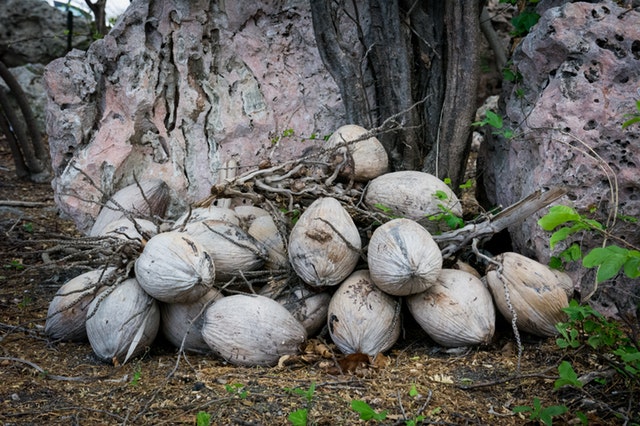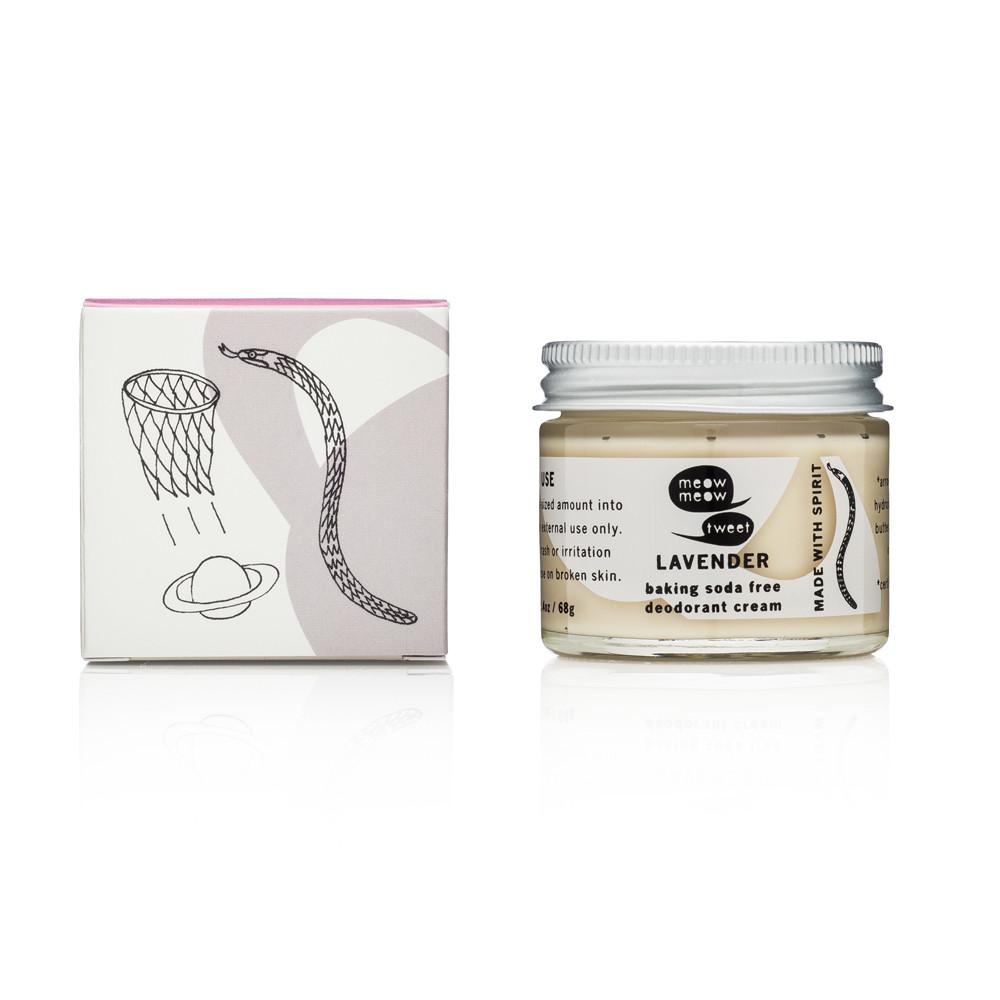All heads might be turned toward the eclipse this week, or maybe still frozen with mouth agape at the penultimate episode of Game of Thrones, but the summer’s biggest news for me (and healthy foodies everywhere) has been the debunking of the coconut oil craze. A June 2017 study released by the American Heart Association illustrated that those in a randomized trial who “lowered intake of dietary saturated fat and replaced it with polyunsaturated vegetable oil reduced CVD [cardiovascular disease] by ≈30%.” Like whoah.
Yeah, it’s too bad that all those initial and long-time skeptics of the health benefits of an ingredient with such a high saturated fat content can now laugh their best told ya so laugh (and then there’s coconut oil’s potential connection to animal enslavement). Replacing it with another plant-based oil like olive or grapeseed in cooking isn’t honestly all that devastating, and the notion that saturated fat in coconut oil is bad shouldn’t really be “news” to anyone. But if you have concerns about CVD, and maybe this study made you finally realize that the smell of coconut is oozing out of your pores from eating so much of it, you may want to cut back. And when you’re left staring at a giant, heavy, and mostly unused jar of the stuff in your cupboard, you might also be wishing you’d saved your hard-earned money on something less trendy.

Never fear, Dumplings, for there are plenty of ways that coconut oil can still factor prominently (and truly beneficially) into your lifestyle that don’t involve ingesting it. Here are some ideas for making the best of your stash—and if you’re like me, you may even find yourself replacing it sooner with these applications than when you cooked with it!

All those coconuts gotta go somewhere…
Skincare
There’s no debating that coconut oil is a truly super way to make skin ultra soft and supple. Like all skincare, the ingredient isn’t for everyone (I personally can’t use it on my face, but body is a-okay), so be sure to test a small amount before slathering yourself in it. You can use coconut oil directly as a moisturizer/massage oil, rubbing it into the limbs, focusing on dry spots, cuticles, and even chapped lips (minimal risk of ingestion there). A transformative and soothing Ayurvedic practice of using coconut oil for daily loving self-massage, called abhyanga, is great during hot summer months given coconut oil’s cooling properties (during the winter and fall, swap for more warming sesame oil). In warmer temperatures, the oil will naturally take a liquid form, but I find it easier to handle when I chill it before, melting a chunk of solid oil between my hands before the massage into warm skin, right after a shower.
If you don’t feel like slicking your whole body, a light layer on the soles of the feet before bed will help to draw toxins and energy down from your head and more easefully drift off to sleep.
Coconut oil also forms a great base for DIY natural deodorant. Unlike other base oils, this will make a formula that always goes on smoothly without any pesky clumping or flaking; plus, its light scent lends itself to masking odors and combines nicely with lavender and other essential oils. My gateway coconut-based natural deodorant is from Meow Meow Tweet, who also makes a baking soda-free version for those of us with sensitive underarms. After just one day of using it, I knew I’d never have smoother underarms and vowed to never go back to traditional deodorants.

Oral Hygiene
Ayurveda comes to the rescue once again with another simple daily practice that improves mouth hygiene by drawing out the toxins that build up in the night through oil. Simply swish about one tablespoon of coconut oil (it tastes the best, but organic sesame oil also works) in your mouth immediately upon waking up for 10-20 minutes. Then spit the oil into a garbage can (don’t spit into the sink or toilet, as it will solidify and clog the drain), scrape your tongue with a metal scraper or the back of a spoon, and rinse with warm water. Brush teeth as normal, then drink a cup of warm lemon water to fire up your digestion.
Deep Conditioning Hair and Scalp Mask
The rise in popularity of dry shampoos (are we all just getting lazier?) has launched a brand new beauty product trend: the scalp scrub. Like scrubs for your face, these gritty concoctions remove built-up layers of the powder and sprays used to absorb oil that accumulates on hair between washes (plus, you know, dead skin and dirt). Coconut oil is a natural alternative to these pricey scrubs, and can treat a variety of scalp issues from dryness and itchiness to oily scalps to dry or brittle hair. Taking a few moments for a luxurious scalp massage with the oil will also help to relieve anxiety, boost circulation, and exfoliate, all of which promotes hair growth. For a quick mask, apply oil and massage into scalp and wait about 20 minutes before showering; for a more intensive version, apply before bed and wash hair in the morning (don’t worry, it won’t stain your pillow cases!).
Whenever you’re using coconut oil for body care (or for eating), be sure to choose an organic, unrefined variety. This will ensure that its natural compounds are preserved and not burned or bleached away.
How do you use coconut oil? Share your DIY recipes and tricks!
Also by Jennifer: Best Moisturizer For Oily Skin That Gives You A #NoFilter Velvet Complexion
Related: DIY Eye Cream Recipes That Banish Fine Lines, Dark Circles & Puffiness Naturally
Finally! Brilliant Non-Toxic DIY Gel Mani, Minus Salon Fumes
Get more like this—Subscribe to our daily inspirational newsletter for exclusive content!
__
Photos: ian dooley on Unsplash, Pexels.com; Meowmeowtweet.com




